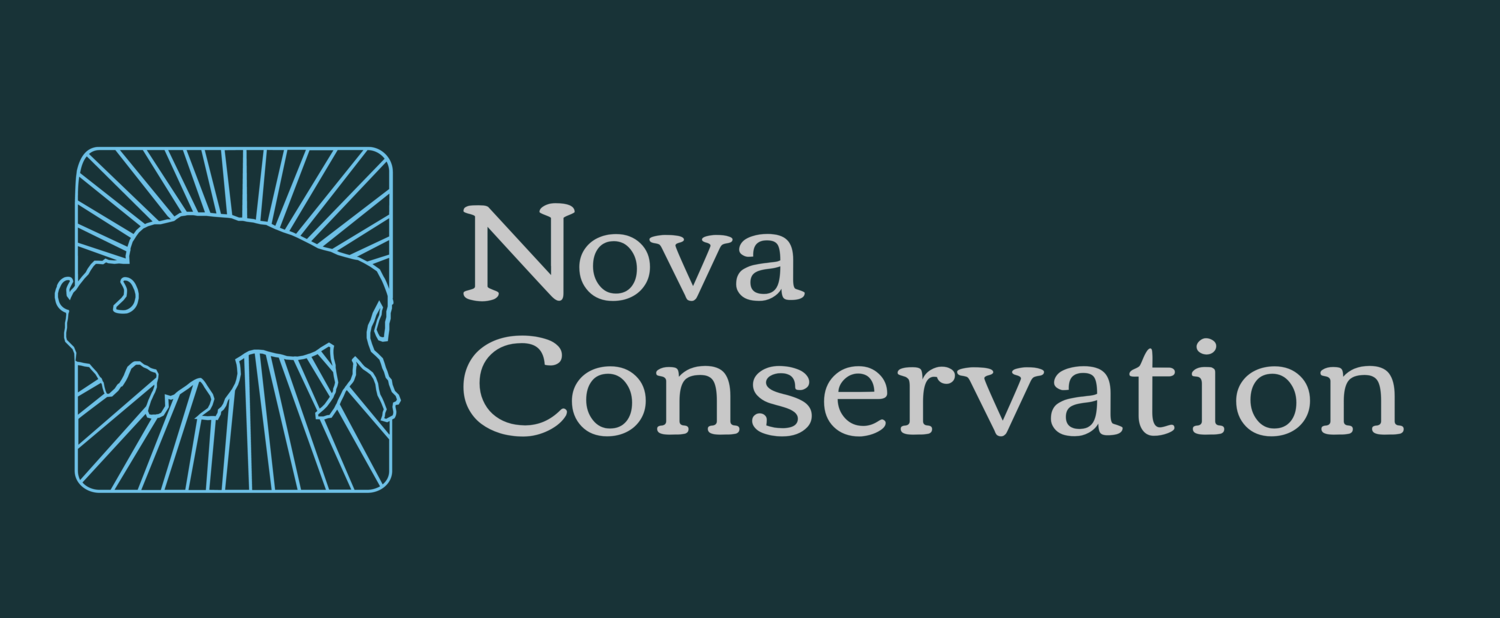Instead Of Vacation, I Tried These Nature Exploration Apps. Here’s What I Learned
Although summer is almost here and people are eager to leave their houses, the Department of State is still advising that Americans should avoid all international travel, and exercise increased caution when traveling to other states. Travelers are looking for local ways to combat cabin fever and reconcile their lost vacations but are struggling to find places to go when almost everything is closed. While trying to find a cure for this boredom and reconcile the vacations I lost to COVID-19, I discovered two apps that everyone can use to get out of the house, spend time with family, learn about the environment, and even practice good social distancing etiquette.
The iNaturalist app is a joint initiative by the California Academy of Sciences and the National Geographic Society and is one of the world’s most popular nature apps. The app helps people identify and learn about the plants and animals around them. By recording and sharing observations, you create research quality data for scientists working to better understand and protect nature.
Using iNaturalist makes going outside feel like an adventure. Putting a name to a plant or animal you’ve seen in your backyard for years (but never paid any attention to), is surprisingly exhilarating. The app enhances your sense of place and community and really connects you to your environment. The first time I used the app I was surprised to learn that the lizards on my patio are actually an invasive species! Since everyone is staying indoors, wildlife is becoming a lot more active, making now the perfect time to get out and observe!
To get more out of the iNaturalist app, I’ve found that expanding your observation zone is the key to success. There are only so many species that live on your property, but more can be found by going on a hike or taking a road trip. Understandably, not having a clear destination can make getting out of the house seem like a burden, especially when everyone has become accustomed to sweatpants. But, when iNaturalist is paired with the Geocaching app, getting out of the house for ‘observation-time’ becomes much easier.
Geocaching is basically a real-world, outdoor scavenger hunting game that uses GPS-enabled devices. Think of Pokémon Go, but replace the Pokémon with little treasure chests! Using the app allows you to navigate to specific sets of GPS coordinates where little containers, called caches, are hidden. The app allows you to see all the hidden caches in your area, and although some are only accessible through a premium feature, many are available for free.
No matter where you live you are almost guaranteed to be near a few geocaches. Geocaching has been around since the early 2000s and there are over 3 million caches hidden in 191 different countries on all seven continents (even Antarctica)! Since caches are hidden and purposefully kept out of the public eye, not many people know the sport even exists. You may even have a geocache hidden by your sidewalk and not even know it!
It’s important to keep our minds and bodies active when it’s so easy to stay in bed and play video games all day. Geocaching is the perfect way to getting outdoors and spends time with family. Geocaching takes the adventure, on foot or bicycle, on different terrains and surfaces and past many different plants and animals, eager for you to observe them with the iNaturalist app. Together, Geocaching and iNaturalist encourage exploration, climbing, digging, thinking, and moving obstacles to find both hidden creatures and treasures.
Even though it’s not a trip to a five-star hotel or getaway at the beach, using iNaturalist and Geocaching are fun alternatives to spring break and summer vacations. While we’re all searching for something to keep us entertained when we’re stuck at home, these apps can help us have fun, stay healthy, and contribute to actual scientific research projects!
For more information on these apps visit https://www.inaturalist.com/ and https://www.geocaching.com/play.








